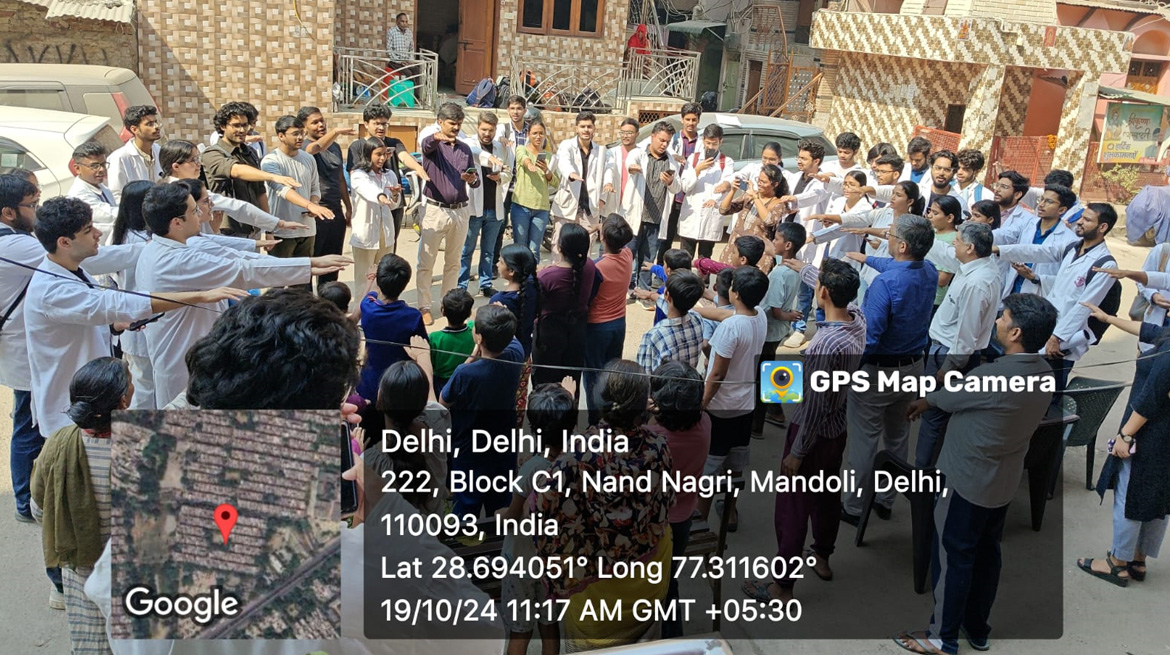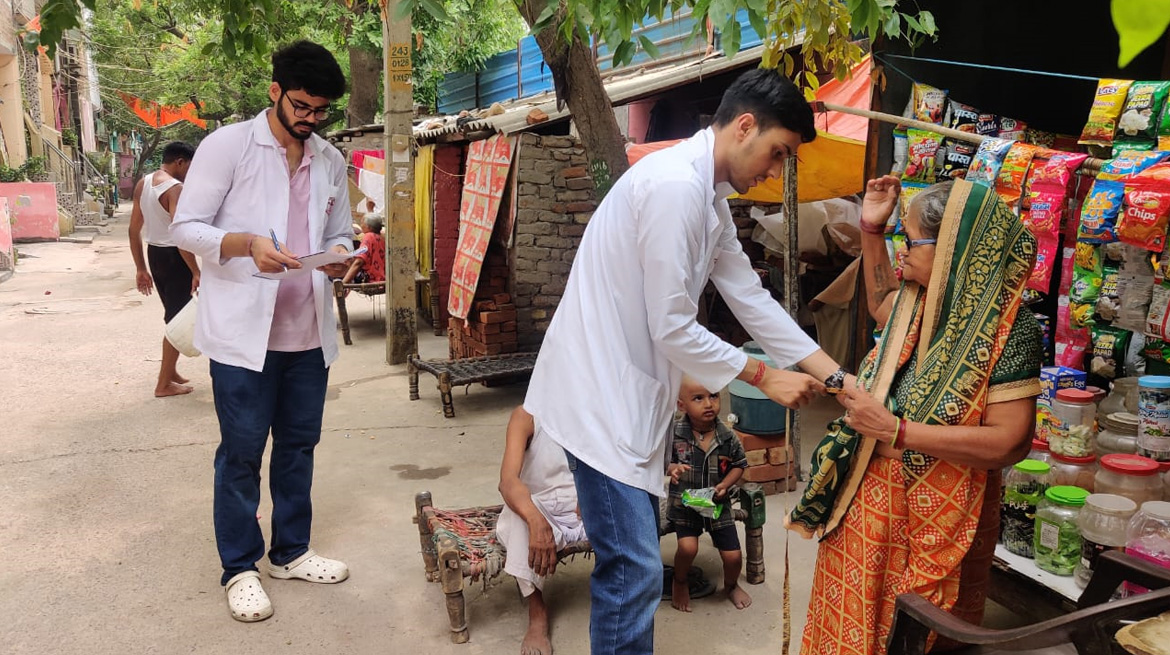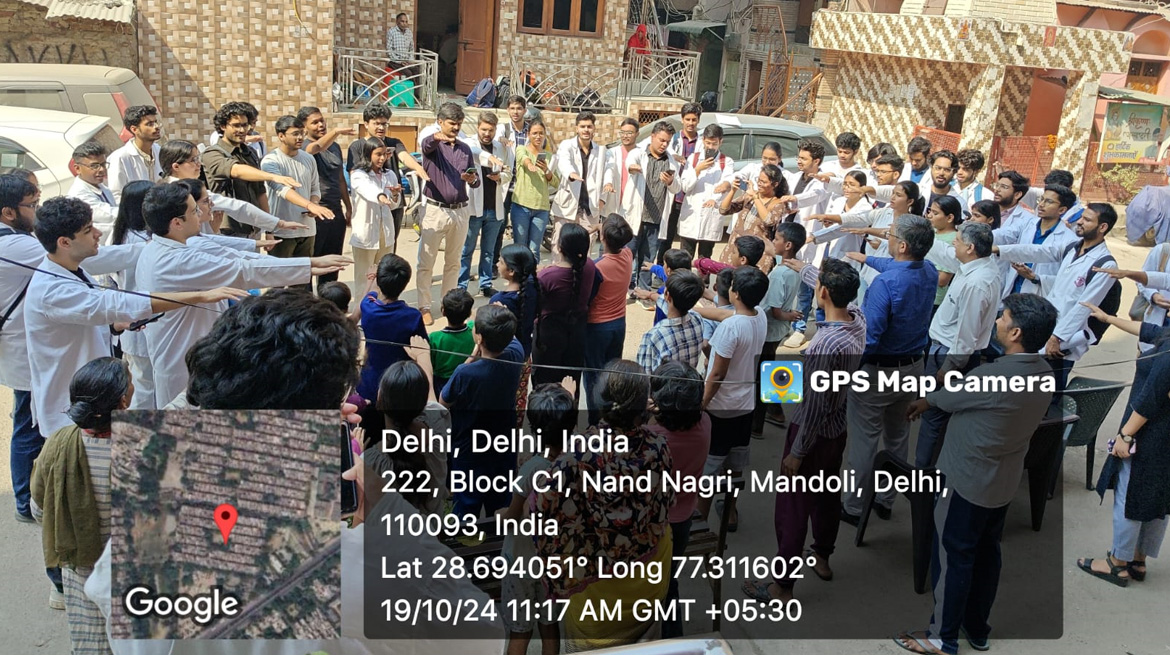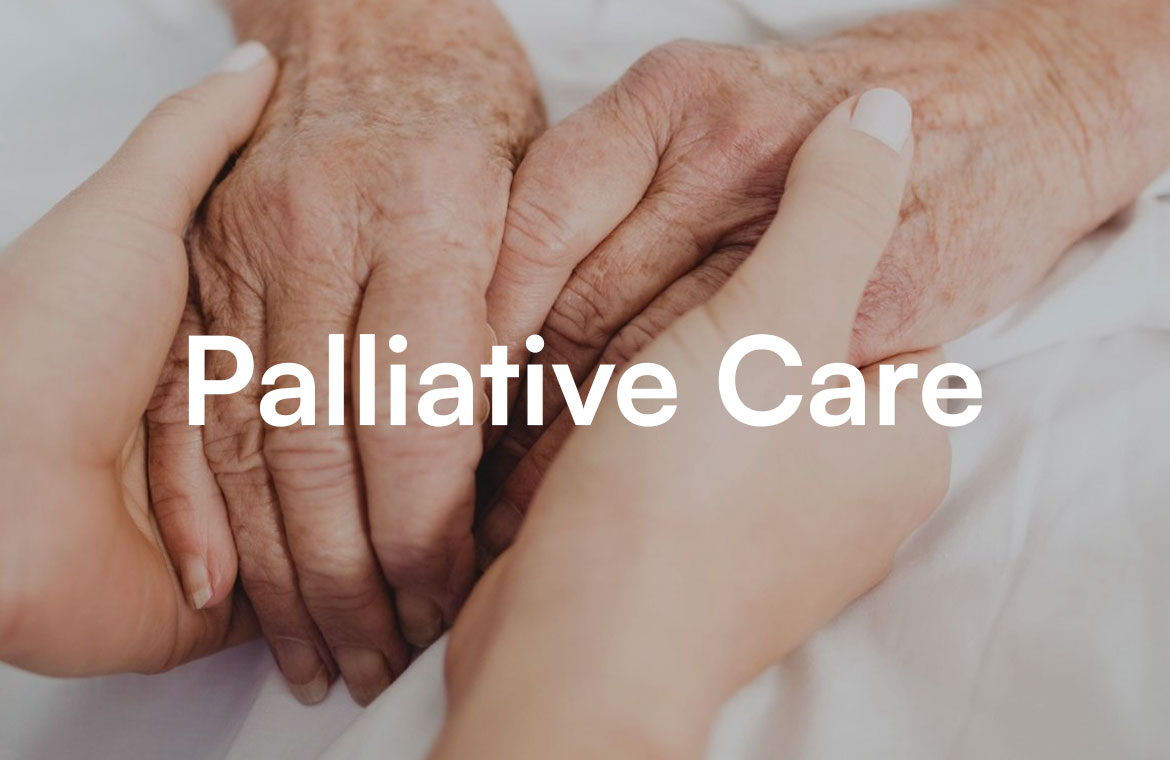The Family Adoption Program is incorporated into the Community Medicine undergraduate curriculum starting in the first year of professional training. The objective is to offer a hands-on learning experience geared on improving health equity and community-based healthcare.
Strengths of FAP:
- It is an innovative solution for providing community health care systematically, ensuring coverage of every single household.
- It aligns with SDG 3 and contributes to achieving Universal Health Coverage (UHC).
- It offers excellent learning opportunities for undergraduates, enhancing their community awareness, including sociocultural environments, belief systems, and traditions, which improves patient care.
- Community exposure aids students in better understanding the epidemiological triad of any disease.
- The camp activities under FAP are innovative and effective in delivering medical care directly to the community.
- Indian Medical Graduates, as the first point of contact, can educate and assist family members in making appropriate treatment choices, potentially reducing reliance on unqualified practitioners.
- The program’s social responsibility aspect, including environmental protection initiatives, supports climate change actions in collaboration with the community.
- It also helps to learn communication skills and inspire confidence among families.
Weaknesses:
- As a relatively new concept, implementing FAP with a large number of undergraduates can be challenging, particularly with a shortage of senior doctors, non-teaching staff, and medical social workers.
- There can be resistance from families or specific social groups.
- Many community participants require a robust referral system to nearby tertiary care hospitals, which is currently lacking.
- Limitation with respect to frequency of health camp conducted.
Opportunities:
- FAP can serve as a foundation for building a modern, resilient healthcare system in the country.
- Indian Medical Graduates have the chance to gain a deep understanding of community health, including health-seeking behaviors, health needs, and available health policies, enhancing their comprehension of the local healthcare system.
- The program offers opportunities for collaboration with local health leaders, ASHA workers, and anganwadi workers.
- FAP presents an opportunity for policy improvement and strengthening the legal framework for community-based healthcare systems.
- According to UNFPA, India’s elderly population is 153 million. FAP provides an excellent opportunity for geriatric care, especially for those unable to visit hospitals.
- By offering home-based care and diagnostic services, FAP can significantly reduce out-of-pocket expenses.
- As per Global Hunger index 2023, with a score of 28.7 India has a alarming level. Tackling the malnutrition, FAP could prove to be a efficient intervention.
- India faces a substantial burden of non-communicable diseases (NCDs). WHO projections indicate that annual deaths from NCDs will rise to 55 million by 2030. Active screening and lifestyle modifications through FAP will be a significant intervention in addressing NCDs.
- Creating local One Health action points can raise community awareness about pandemic preparedness, antimicrobial resistance, food safety, zoonotic diseases, and climate mitigation.
- Creating community evidence based policy generation, conducting research at community level and understating implementation barriers to various National Health Policies.
Threats:
- Insufficient budget allocation for the program.
- Financial constraints, particularly in organizing camps.
- Lack of regulations or frameworks concerning the quality of care.
- Inadequate surveillance and monitoring by higher authorities.
In summary, the Family Adoption Program in India has a strong foundation. The strengths and opportunities are more compared to weaknesses and threats. Its effectiveness and impact can be enhanced by addressing its weaknesses and threats through targeted opportunities:-
- Provision of sufficient funding.
- Ensuring availability of sufficient manpower.
- Timely monitoring and supervision at all level of implementation.
- Understanding knowledge gap and implementation barriers to various National Health Programme and utilizing FAP as a implementing tool.
- Encouraging community based research among Indian Medical graduates via regular training and workshops.

*Photo clicked by Dr Samidha Kushwaha
Photo showing oath taking for protection of environment in community. Event organised by Department of Community Medicine, UCMS & GTB Hospital in Nand Nagri as a part of FAP.

*Photo clicked by Dr Samidha Kushwaha
Photo depicting screening of community members from UG students under FAP.




